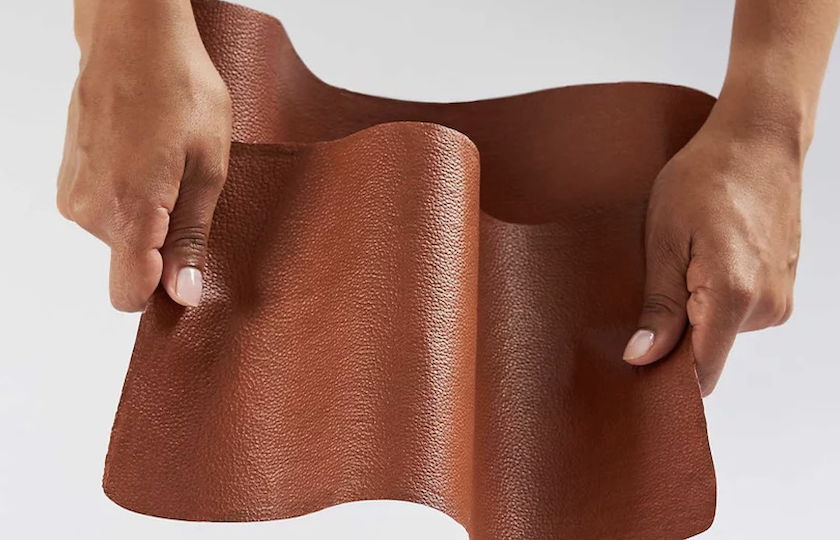Global luxury brand Kering and famed actor Leonardo DiCaprio are among investors in a California-based startup that is creating the world’s first cell-cultivated leather.
The US biotech company, VitroLabs, has spent six years creating a way for fashion companies to produce leather clothing and accessories without the need to use animal hides. The company has just closed a $46 million Series A funding round led by Agronomics to build and scale pilot production.
Other investors besides DiCaprio and Kering include Bestseller’s Invest FWD, and Khosla Ventures. Kering will also provide VitroLabs support for product quality testing, tanning, and finishing.
“At Kering, a chapter/pillar of our sustainability roadmap is dedicated to sustainable innovation and actively looking for alternative materials that can reduce our environmental impact over the long term is part of the solutions we have been exploring for years,” said Marie-Claire Daveu, chief sustainability and institutional affairs officer at Kering.
“We believe that innovation is key to addressing the sustainability challenges that the luxury industry is facing, which is why we are very interested in the potential of biomaterials such as cultivated leather.”
VitroLabs co-founder and CEO Ingvar Helgason said the company was founded with the mission to create the highest quality materials that meet the uncompromising standards of the luxury industry while drastically lowering environmental impact and furthering animal welfare.
The cultivated leather process involves taking a one-time collection of cells from an animal, which then grows in a nutrient-rich environment. Without ever going back to the animal again, the cells grow, divide, and form into tissue. The composition of the material achieves the complexity of traditional hides, containing a variety of proteins that make up a durable and luxurious material when finished, but without the need to go to animals as an ongoing source of hides.
“At a time when environmental stewardship is more important than ever, biotech companies have the opportunity to lead the way in changing how we produce materials and build supply chains, working hand in hand with existing artisans and craftspeople who are the cornerstone of the $400 billion leather goods industry,” said Helgason.
“By launching the first production of cell-cultivated leather, we’ll hit a major milestone in fulfilling our mission to lead the shift towards a more sustainable future.”
Helgason said VitroLabs’ cultivated animal leather preserves the biological characteristics of real leather, while eliminating the most environmentally and ethically detrimental aspects of its sourcing.
The company says it has made significant progress on product quality in the optimisation of cell expansion processes and the proprietary design of a novel, large-scale tissue cultivator. It recently moved into a new 45,000sqft facility designed for pilot production and laboratory space as the company moves towards commercialisation.
Dr Dusko Ilic, VitroLabs co-founder and stem cell scientist, said the company has achieved several major breakthroughs in the areas of bioreactor design, bioprocess and facility design, and cell culture development.
“We are now on our way to a scalable process that delivers the desired premium qualities, forging a path towards the ultimate goal of industrialisation.”
- Further reading: German startup develops plastic-free alt-leather from hemp waste



